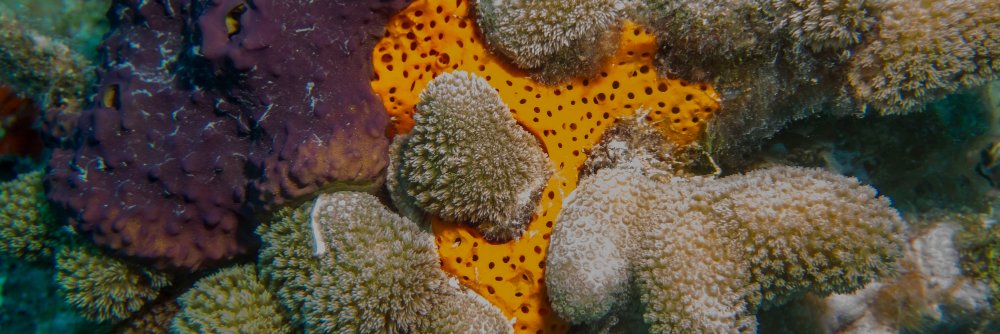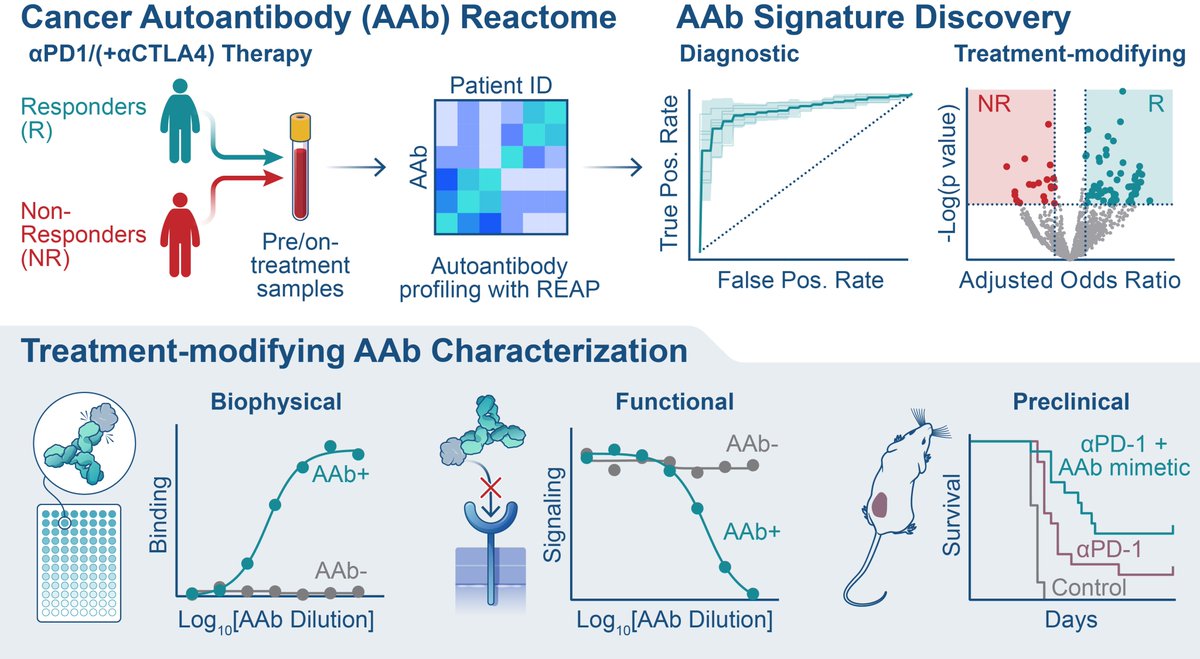
Aaron Ring
@aaronmring
Associate Professor at @FredHutch Studying #cytokines, (auto)antibodies, and #cancerimmunotherapy Founder: @SimchaTx, @Seranova, Stipple Bio, and @AriaxBio
T cells do the heavy lifting when it comes to the anti-tumor action of checkpoint immunotherapy. But do antibodies play a role too? That’s the question @yile_dai looked to answer in his thesis work, out today in @Nature! 🧵below nature.com/articles/s4158…

Excellen nanomolar peptide binder design success rates with BindCraft!
Generative Design of High-Affinity Peptides Using BindCraft biorxiv.org/content/10.110… #biorxiv_biochem
I am super excited to announce that I will be starting my lab at the Department of Pharmacology of the University of Zurich in Switzerland next year!
BREAKING: We uncovered a potent immune alliance that could change how we treat solid tumors. Published in @Cancer_Cell , we show that Th17 cells *must* work with B cells to eliminate tumors—and keep it from coming back. 📄 cell.com/cancer-cell/fu… 🧵1/12👇Let’s walk through it:
The Weill Cancer Hub is fostering groundbreaking @UCSF–@Stanford collaborations to develop transformative cancer therapies. I’m grateful to co-lead one of the selected teams with @mfgrp to advance next-generation in vivo CAR T cell therapy!
Backed by a $100M gift from Joan and Sandy Weill, UCSF and @StanfordMed @StanfordCancer are launching Weill Cancer Hub West, a $200M initiative in team science to accelerate cancer research and improve care over the next decade. tiny.ucsf.edu/ppVRqt
Excited to share this new work from our lab, led by an exceptional graduate student, Tornike Mamuladze (@tornikemamu), on the role of meningeal mast cells in regulation of brain/dura access points, with implications to CSF flow dynamics and meningitis || authors.elsevier.com/sd/article/S00…
Published today our new LAG-3 paper @CellCellPress. My group #JasperDu #JiaYou and collaborators revealed a key role of TCR proximity in LAG-3’s inhibitory function and developed LAG-3/TCR BiTS to effectively inhibit LAG-3+ T cells. dlvr.it/TLhkv7
A landmark study published in @Nature by @aaronmring et al. has revealed that autoantibodies — immune proteins traditionally associated with autoimmune disease — may profoundly influence how cancer patients respond to immunotherapy. bit.ly/4o4HANS